Leaving my job at International Justice Mission (IJM) definitely feels like the end of an era. It has been the best work I have ever done for the best organisation I have ever been part of. I couldn’t have known any of this when I first applied for an internship at the end of 2013, but in hindsight I see and want to share how much this job has meant to me.
How I discovered IJM
Most people connect with IJM because they heard Founder and Global CEO Gary Haugen speak, or they read one of his books, or they were introduced to the organisation at church or through friends. I found IJM through a Google search.
I was feeling disillusioned with cross-cultural missions focusing more on academic teaching of the Bible than on addressing pressing material needs.
I wanted to be part of international development efforts to help people in poverty.
I wanted to return to Latin America.
And, having completed a Bachelor of Laws with zero intention of practising law, I wanted to give something vaguely legal a shot.
Most of all, I wanted to leverage my skills and passion to change the world in some small way. I wanted to give of my undeserved privilege to serve those less fortunate and make the world a better place.
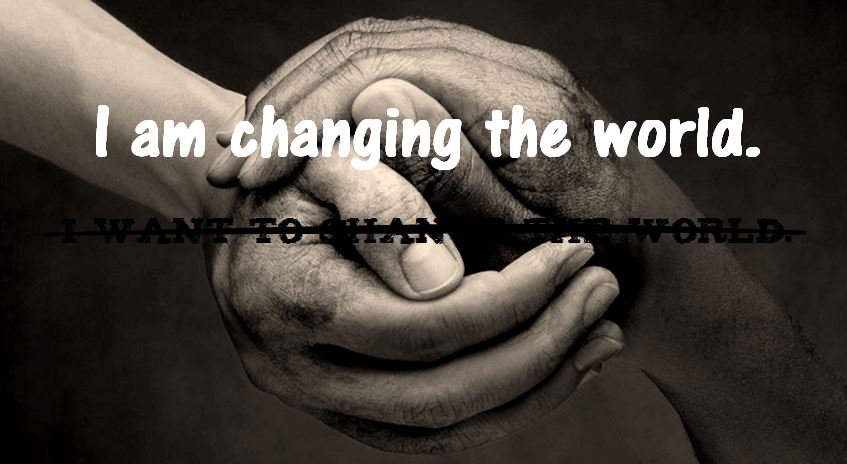
I emphasise this point, because I believe it’s a desire I share with many in the nonprofit and social services sectors.
Working with IJM Bolivia
IJM would have been first or second on that Google search I did back in late 2013. The year-long internships and fellowships option ticked all my boxes and in October 2014, I landed in La Paz, Bolivia.
Over the next year, I served as Communications Fellow with a team of about 30 investigators, lawyers, social workers and other professionals seeking justice for child survivors of sexual violence – you can read my reflections from that time here.
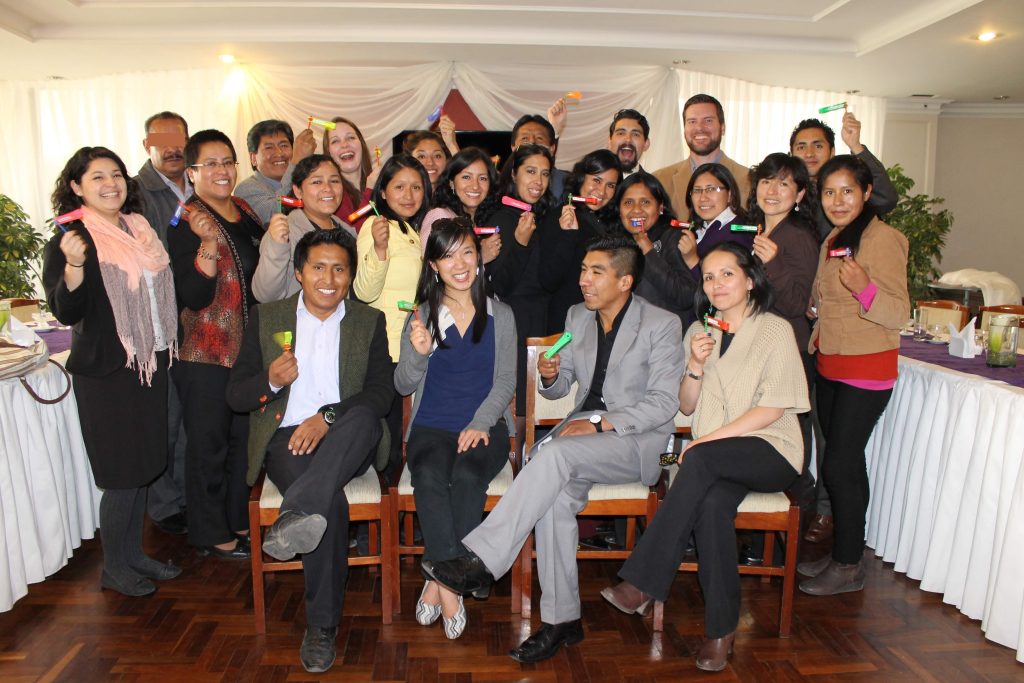
Here are just some of the reasons it was an incredible experience:
At work
- I got to write things for a living. Not just any things, but things that connected people around the world with the important, powerful work that IJM was doing in Bolivia.
- I accompanied lawyers and social workers on cases, trawled case files and learned about the Bolivian legal system. I met survivors and their families, and helped tell their stories.
- I saw marginalised children and families get justice in court.
- I worked all day, every day in Spanish with a team of committed local staff and a handful of expat interns and fellows.
- I realised that working in communications is really my thing.
Outside of work
- I made friends with locals and expats alike, living my best twentysomething life.
- I had dinner every Wednesday with the other expats at our boss’s house, which involved the most wonderful homemade Mexican food, with conversation and encouragement to match.
- Beach volleyball became my thing.
- I made my acting debut, starring in two Bolivian commercials.
- I did touristy things I probably wouldn’t have done otherwise (in fact, hadn’t done when I visited Bolivia as a backpacker in 2012), including: climbing a glacier, seeing dinosaur footprints, visiting the Amazon and roadtripping the country through the carnival season.
Working with IJM Australia
I never expected to work for IJM after that year in Bolivia. IJM had only recently opened an office, employing very few staff. They already had an experienced comms professional on board.
So it was a surprise and a real gift when IJM Australia offered me a job in mobilisation towards the end of 2016. This followed a period of unemployment and a pretty discouraging year work-wise, even if I was philosophical as usual about my situation (see Almost-no-longer-twentysomething and Still twentynothing).
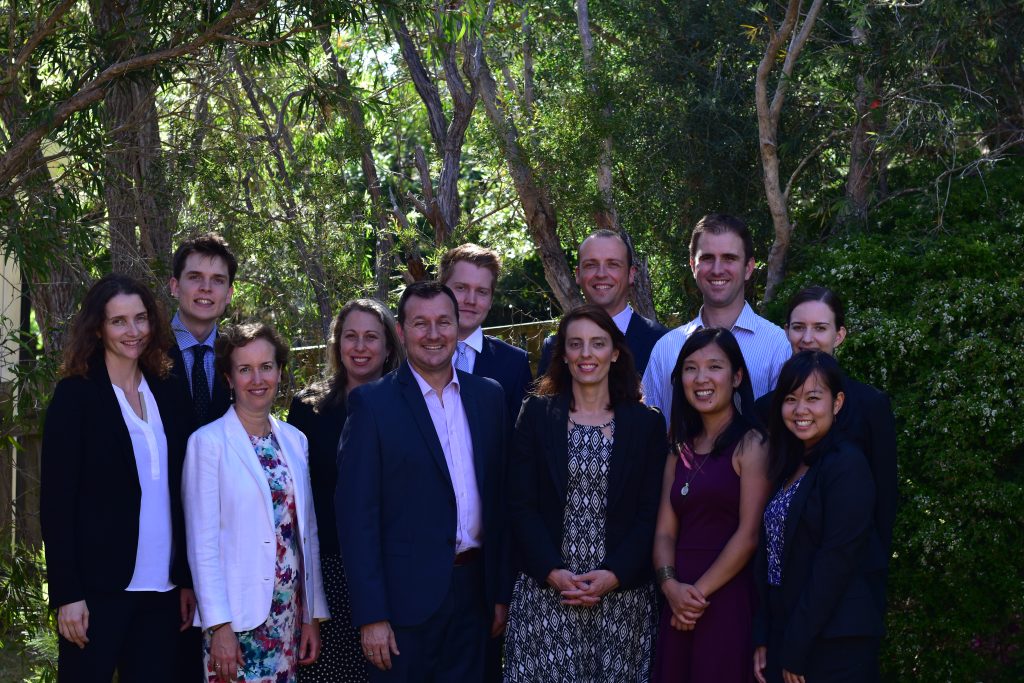
While I was now further from the “front lines” of IJM’s work, focused more on raising support through funds and awareness, it was still deeply rewarding to contribute my skills to the global mission.
- I loved connecting Australians with the reality of slavery and violence against people in poverty – and showing Australians they have the power to make a difference.
- I loved harnessing my writing, creativity and storytelling skills to do this. I loved working collaboratively and innovatively to do this.
- I loved being part of the “community of spiritual formation” that the IJM team is, locally and globally.

“Rewarding” work
When people learn that I work for a charity, they often remark, “That must be very rewarding.” Yes, working for IJM has been rewarding in the way that people imagine – but not only in that way.
In seven and a half years with IJM:
- I found my professional sweet spot, growing in my content marketing, advocacy and community mobilisation skills.
- I found my tribe, working alongside people of deep faith and deep passion for justice.
- I was part of an organisation that is not only providing charity for the vulnerable, but more importantly, creating real, measurable, systemic and sustainable change. The realist in me had never believed this to be possible.
- I saw answered prayer and God so actively at work around the world.
- I lived and began to truly understand what the Kingdom “now and not yet” really means – previously, it had been little more than a pretty abstraction.
- I felt connected to the world beyond the bubble of my everyday existence (this is a peculiar thing that some of you will maybe understand and others maybe not – I should blog about it someday).
It’s been so much more than I could have asked for.
As I end my time at IJM, what stands out to me is less what I have achieved, and more what I have received. Which is the opposite of what I set out to do.
Giving and receiving: a lesson
That’s what I want to share with those of you in the nonprofit and care sectors.
- As do-gooders, we’re motivated to make a difference. We believe it’s better to give than to receive.
- As millennials in an affluent country like Australia, we’re determined for our work to be more than a paycheque – ideally we want our employer’s mission to be aligned with our values and passions, our job to be an expression of our identity, even.
- As Christians, we might also be trying to atone for our privilege through sacrificial work (at worst) or to use our literal and metaphorical talents to help vulnerable people made in God’s image (at best).
In other words, I’d say the majority of staff at nonprofits and social services organisations are driven by a desire to give of themselves, for the sake of others.

This is not a bad thing in and of itself. However, it can lead to burnout if we start working as if the fate of the mission, if not the world, depended on our efforts. If we work a few extra hours, if we push a bit harder, we can raise a little more money and won’t that all be worth it to free one more person from slavery?
The posture of being here to contribute can also mean that we miss what is happening in us as we do this work. By focusing too much on what we can give, it’s possible to overlook how much we ourselves are gaining.
I didn’t look to gain anything more than experience when I signed up. But, seeing just how much being at IJM has done for me, I leave with a deep sense of gratitude.
It’s not only the poor and the oppressed who need help, whose lives need transformation. I am an imperfect person doing an imperfect job of a noble enterprise. If in the process of this I am challenged and changed to become a better version of myself, that is a beautiful thing. I don’t want to miss that beauty. I don’t want you to miss it, either.
Life after IJM
There is some sadness in leaving behind a job and a workplace that has meant so much to me. I write this, in part, to close that chapter.

But rest assured, I am ready for life after IJM.
I have a lot of peace about my decision to move on and I’m excited about my new role. Next week, I’m starting at the Refugee Advice and Casework Service (RACS) and I look forward to sharing reflections from my work there in the months to come.
Onwards and upwards!
More posts from my time with IJM here.
Learn more about and/or make a tax-deductible donation to:
- International Justice Mission Australia / International Justice Mission (US/global site)
- Refugee Advice and Casework Service

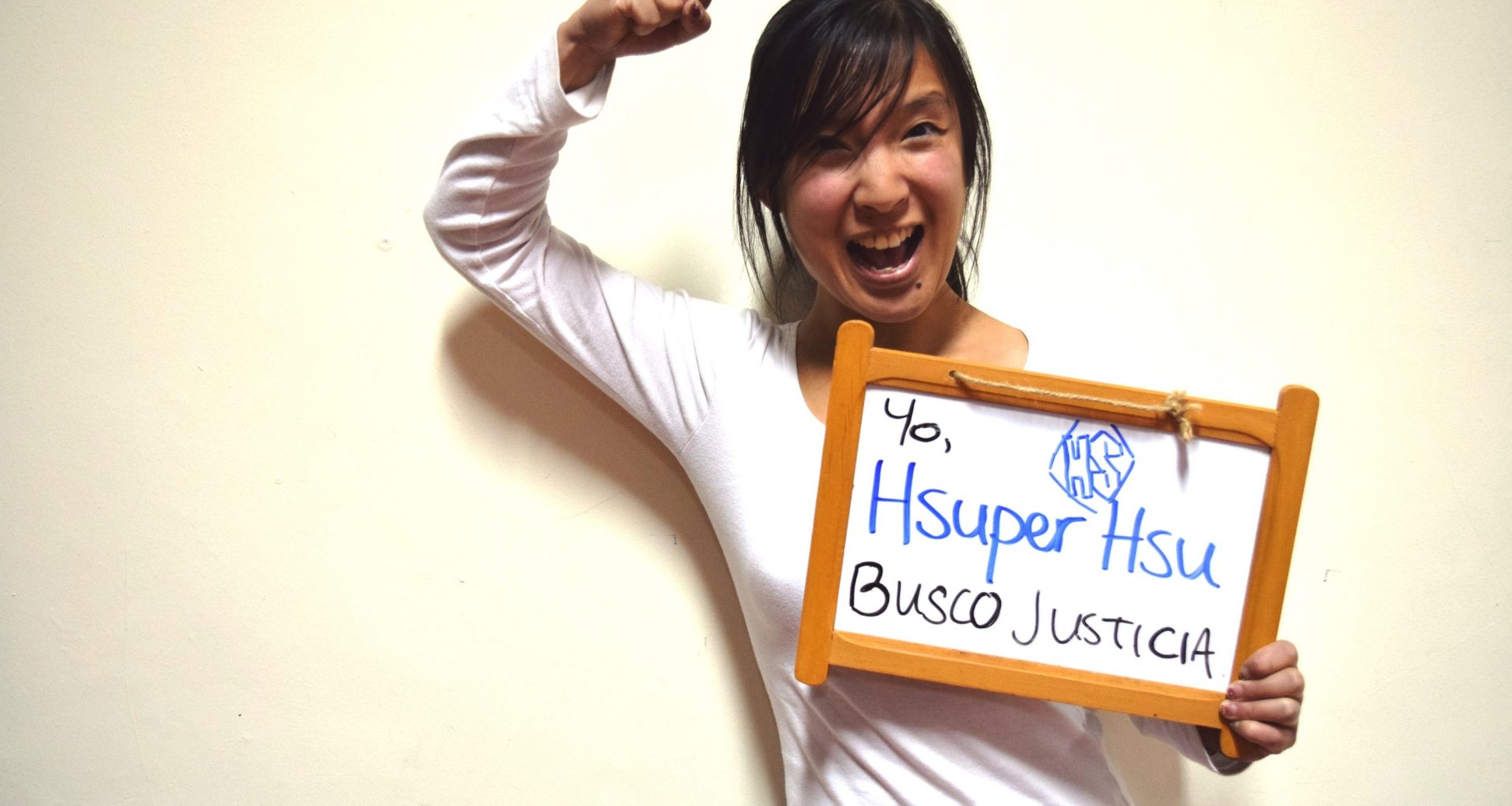

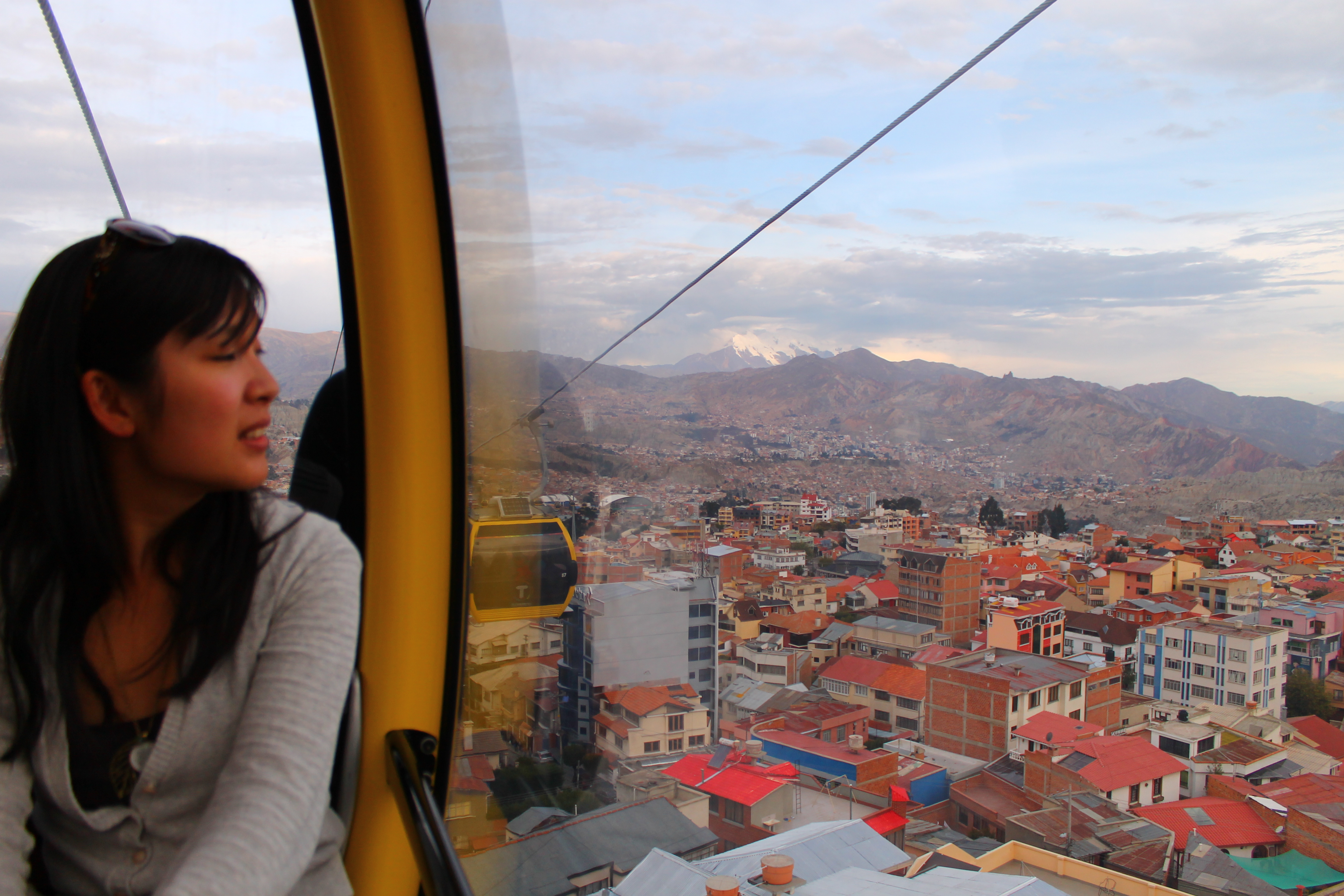
6 comments
All the best in the next chapter of your life. One door closes and another one opens. May God continue to lead you and shine His face upon you always!
Thank you! ^_^
You have a gift with words Hsu-Ann. What a gift it has been to see that over the last half decade or so. Looking forward to hearing your reflections in this next chapter.
You’re too kind, Jacob! I’m looking forward to my new chapter – and to hearing about yours as well 🙂
Loved reading this, Hsu Ann, but even more, I loved working with you during our time together at IJM. Must be time for a catch up xo
Jenny, it’s been too long! It was so wonderful to have you as Staff Chaplain for our team. Definitely time for a catch up!